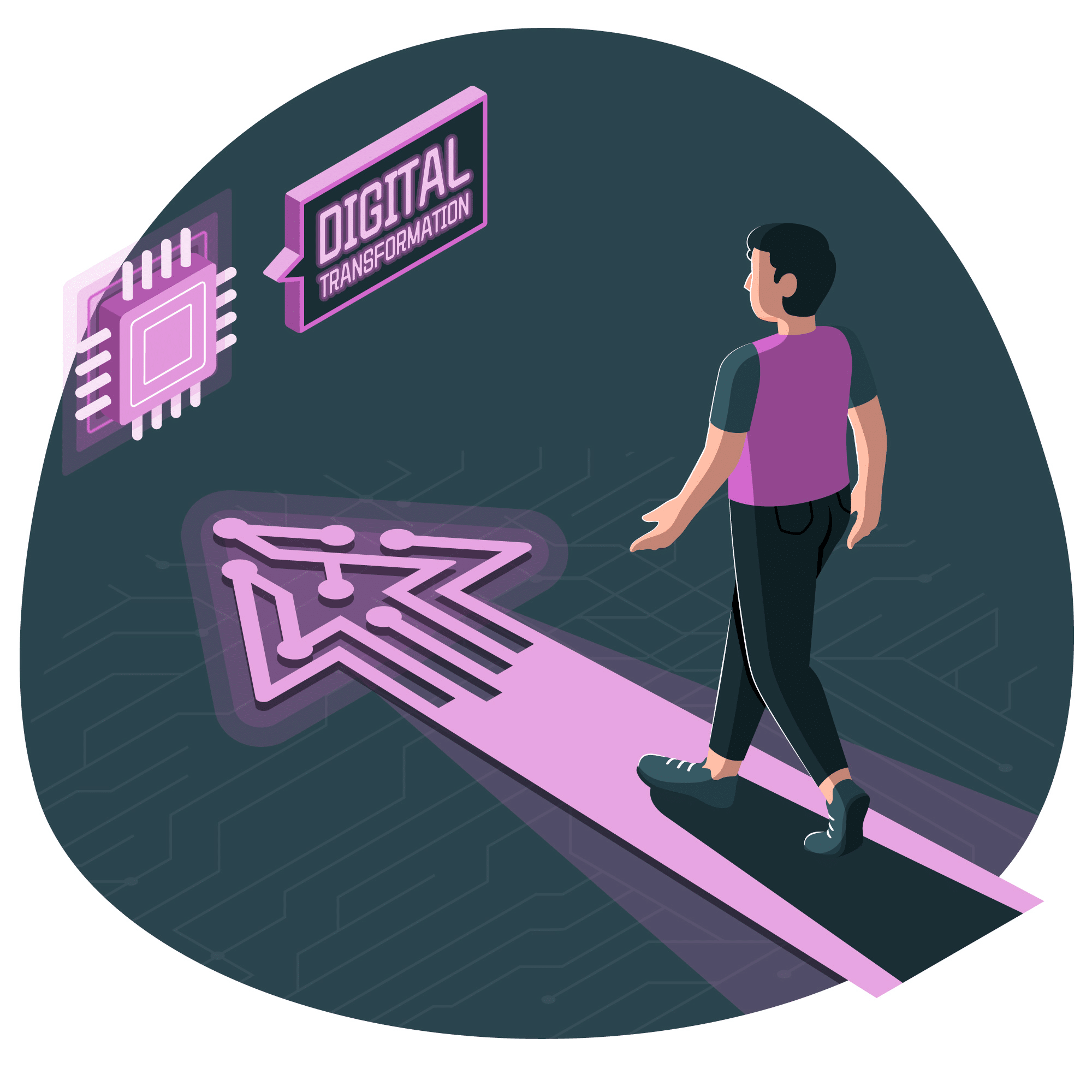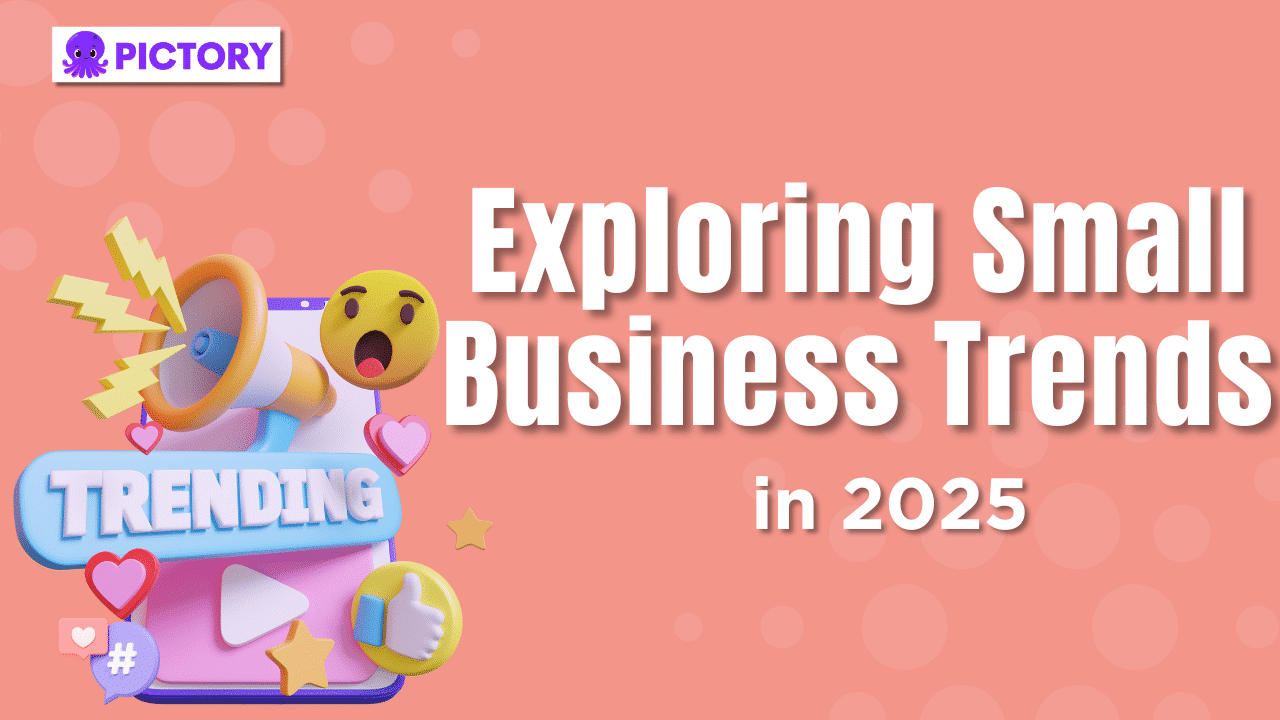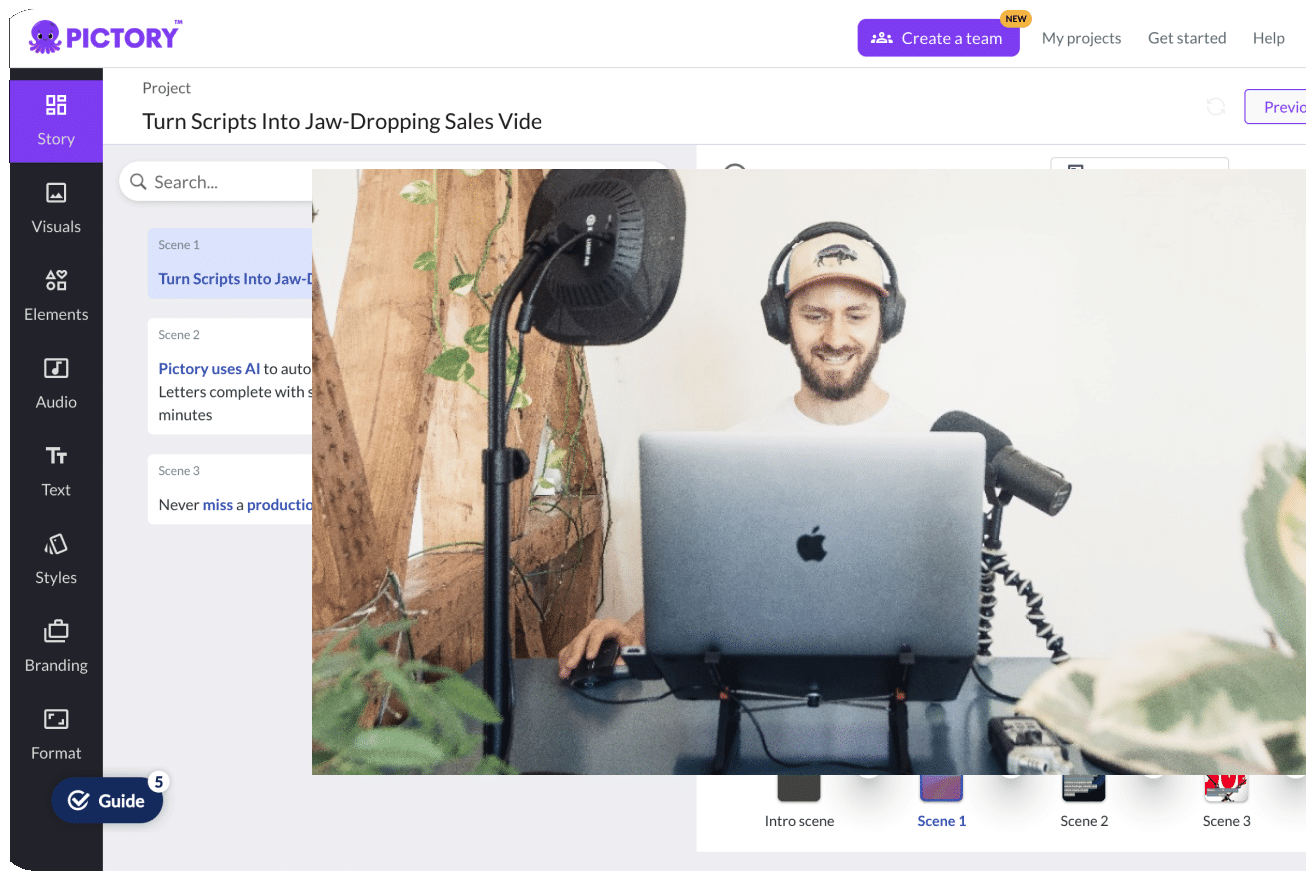The year 2025 is here, and it brings with it a fresh perspective on the small business landscape.
As we continue to navigate the post-pandemic world, it’s crucial for small businesses to stay ahead of the curve and adapt to the ever-evolving market conditions.
In this blog post, we’ll explore the key small business trends, discuss innovative marketing strategies, and uncover the top tech trends that can help small businesses thrive in today’s competitive business world.
Overall, small businesses seem to be faring well in 2023 as 65% of owners report expecting to make more money this year than in 2022, and 48% plan to expand their businesses.
Short Summary
Small businesses in 2023 are experiencing positive trends, with 66% of small business owners anticipating revenue increases.
To stay ahead of the competition, SMBs must embrace new trends and implement change to adjust to the environment.
This includes inflation control, hybrid/remote working models, and sustainability promotion.Small businesses can leverage innovative marketing strategies such as digital transformation, social media spending & user-generated content for an immersive customer experience while adopting emerging technologies like generative AI & zero trust cyber security for efficiency gains.
Small and Medium Business Trends so far in 2025

The impact of the COVID-19 pandemic is still being felt across the globe, and small businesses are no exception.
However, after facing virus surges, lockdowns, and contamination hazards in 2022, small and medium businesses are now poised to lead the economic recovery in 2023.
Despite the challenges faced in the past few years, approximately 67% of small business operators are expressing optimism about their pre-pandemic finances and overall business health returning in the near future.
To remain successful during these uncertain times as a small business owner, you must be able to adapt to new operational frameworks while ensuring the well-being of customers and staff.
This includes exploring new small business ideas and utilizing funding initiatives provided by the Small Business Administration (SBA) to support business growth and development.
Small businesses that have long provided online shopping options have achieved record sales, showcasing their resilience in the business world during the pandemic.
To stay ahead in this competitive landscape, monitoring small business trends is crucial for independent business owners.
Looking forward to the rest of the year for SMB
As we look forward to the remainder of 2025, small businesses can expect to see a heightened investment in social media, user-generated content, and entertainment, as recommended by successful business leaders.
Inflation also remains a significant concern for U.S. small business owners.
However, businesses are responding to these challenges by investing in clean energy and sustainability initiatives.
Small businesses can position themselves for success in the coming months by embracing these emerging trends and adapting to the changing business landscape,
This includes adopting new technologies, such as e-commerce, reevaluating business processes, and finding innovative ways to connect with customers, all while refining their business model.
By staying informed about the latest developments and actively implementing positive change, small businesses can continue to thrive in 2025 and beyond.
Adapting to the 2025 Small Business Landscape
To succeed in today’s rapidly changing business environment, small businesses must be able to adapt to the 2025 landscape.
This includes managing inflation, embracing remote work, and prioritizing sustainability.
Let’s explore each of these areas in more detail.
Inflation and rising costs

Inflation and rising costs have been major challenges for small businesses in recent years, with 2022 being no exception.
Rising interest rates can make borrowing more costly for businesses and their customers, potentially reducing small businesses’ enthusiasm to invest in expansion, secure loans, and otherwise augment their risk exposure.
To address the effects of inflation and increasing costs, small businesses can utilize local or regional suppliers to bypass supply chain delays or implement a system to oversee cash flow.
Federal Reserve Chair Jerome Powell has expressed his plans to lower interest rates by the end of 2024.
This projection, however, is dependent on inflation and other economic factors and offers no relief for businesses at present.
By proactively managing inflation and rising costs, small businesses can mitigate these challenges and maintain their competitive edge in the market.
Hybrid and Remote working
The shift towards hybrid and remote working models has been a significant development in the business world in recent years.

Hybrid and remote working allows employees to work from home or other remote locations while still maintaining a connection to the workplace.
This model offers numerous advantages to both employers and employees, including enhanced productivity, heightened employee motivation, and cost efficiencies.
A recent survey conducted by Accenture reported that 83% of workers think a hybrid scheme is the best workplace model.
However, businesses must evaluate their communication plans and contemplate how to foster collaboration among employees who are operating from disparate locations.
As remote work continues to expand in the foreseeable future, small businesses need to adapt to this emerging trend and implement strategies that facilitate effective communication and collaboration among their remote workforce.
Clean Energy and Sustainability

The importance of clean energy and sustainability in small business operations is becoming more and more evident.
Many companies are striving to reduce energy consumption, diminish carbon dioxide emissions, incorporate sustainable materials, and optimize packaging.
To achieve these goals, small businesses may pursue clean energy solutions such as utilizing renewable energy sources and implementing alternative energy technologies.
They should also consider taking advantage of incentives, exploring funding opportunities, and collaborating with green energy providers.
By prioritizing clean energy and sustainability, small businesses can not only reduce their environmental impact but also appeal to environmentally conscious consumers.
This focus on sustainability can help small businesses differentiate themselves from competitors and drive positive change in their industry.
Innovations in Business Marketing
Innovative marketing strategies play a crucial role in the success of small businesses.
As we look at the trends shaping small business marketing in 2025, we’ll explore deeper digital transformation, increased social media spending, influencer marketing, and user-generated content.
Additionally, there is a growing trend of creating immersive customer experiences through technology and innovative marketing techniques.
Deeper Digital Transformation

Digital transformation has become a major priority for small businesses, especially in light of the COVID-19 pandemic.
Transitioning to digital has enabled small businesses to sustain their operations despite the restrictions, guarantee the safety of their personnel and patrons, and discover new sources of income.
By utilizing digital technologies to generate new or alter existing business processes, small businesses can enhance efficiency, reduce expenses, optimize customer experience, and generate new revenue sources.
Despite the challenges associated with adopting digital transformation, such as cost, disruption to operations, and preconceived notions about the capabilities of digital tools, the benefits of embracing digital transformation far outweigh the drawbacks.
Small businesses that invest in digital transformation can stay ahead of their competitors, better serve their customers, and position themselves for long-term success.
Social Media Spending

Social media spending is becoming increasingly important for small businesses in 2025.
With a projected increase to 44% of global adspend by 2025, many business owners are investing more in social media to connect with customers and build brand recognition.
This focus on social media marketing allows small businesses to reach a wider audience and engage with potential customers more effectively.
By employing a multichannel organic strategy, small businesses can cultivate an audience and elevate brand recognition.
This approach may include utilizing various social media channels, creating engaging content, and leveraging influencer partnerships to amplify their message.
By making digital marketing a priority, small businesses can stay ahead of the curve and maximize their marketing efforts.
Influencer Marketing and User Generated Content

Influencer marketing and user-generated content are gaining popularity as cost-effective marketing strategies for small businesses.
This involves businesses collaborating with influencers to advertise their products or services.
This can help businesses expand their reach to new audiences, enhance their brand visibility, and establish trust with potential customers.
User-generated content, such as reviews, photos, and videos created by customers or supporters of a brand, can help foster trust with prospective customers, stimulate engagement, and form a sense of community.
However, small businesses should be aware of the challenges associated with influencer marketing and user-generated content, such as identifying suitable influencers and content creators to collaborate with, and the potential for adverse feedback or content that does not reflect the brand’s principles.
By carefully selecting partners and monitoring user-generated content, small businesses can maximize the benefits of these innovative marketing strategies.
Immersive Customer Experience

Creating immersive customer experiences is becoming a growing trend for small businesses, as they look to engage customers and differentiate themselves from competitors.
Immersive customer experiences involve the use of technology and creative marketing strategies to create a more captivating and interactive experience for customers.
This can be achieved through the use of virtual reality, augmented reality, artificial intelligence, and machine learning technologies, as well as innovative marketing techniques such as influencer marketing, user-generated content, and social media spending.
By delivering immersive customer experiences, small businesses can enhance engagement with their customers, foster loyalty, and augment sales.
This focus on customer experience can help small businesses gain a competitive advantage and drive positive change in their industry.
Business Trends In Tech
In 2025, small businesses are expected to adopt several key tech trends that can help them thrive in today’s competitive business world.
These trends include generative AI, zero-trust cybersecurity, AR/VR technology, and AI automation.
Let’s explore each of these tech trends in more detail.
Generative AI

Generative AI involves machines creating text, music, images, and other creative work.
This is enabled by providing the software with a description as input.
This technology has the potential to revolutionize the operations and creative processes of small businesses.
With venture capitalists and major corporations investing billions of dollars in generative AI, small businesses have access to a range of generative AI tools that can potentially transform their operations.
By incorporating generative AI into their workflows, small businesses can automate various creative tasks, improve efficiency, and free up time for more strategic activities.
This cutting-edge technology can help small businesses stay ahead of the curve and remain competitive in the ever-evolving business landscape.
Zero-Trust Cyber Security
Zero-trust cyber security is a security framework that necessitates all users, both internal and external to the organization’s network, to be authenticated and authorized prior to accessing any resources.
Implementing zero-trust cyber security can help small businesses protect against data breaches and enhance their overall security.
However, implementing zero-trust cyber security can be expensive and laborious, as it necessitates businesses to invest in extra security measures and personnel.
Despite these challenges, it is recommended that small businesses invest in additional security measures and personnel to guarantee that all users are authenticated and authorized appropriately.
By adopting a zero-trust cybersecurity approach, small businesses can stay ahead of evolving threats and protect their valuable assets.
Adopting a zero-trust cybersecurity approach can provide small businesses with essential protection against data breaches, improved security, and greater preparedness for emerging threats.
Embracing AR and VR Technology

Augmented reality (AR) and virtual reality (VR) technologies enable us to perceive the world in an alternate manner, offering unique opportunities for small businesses.
By utilizing AR and VR, small businesses can distinguish themselves from the competition and arouse enthusiasm among their audience.
However, small businesses should be cognizant of the expense and complexity of integrating AR and VR technology, as well as the possibility of user privacy concerns.
Despite these challenges, embracing AR and VR technology can help small businesses transform their operations and customer experiences, providing them with a competitive edge in the market.
As these technologies continue to evolve, small businesses that adopt AR and VR early can capitalize on the benefits and stay ahead of the curve.
AI Automation
AI automation refers to the utilization of artificial intelligence (AI) to automate processes that would otherwise be carried out manually.
This automation can be beneficial for small businesses in terms of improving efficiency and productivity by automating repetitive tasks and allowing employees to concentrate on more essential activities.
Furthermore, AI automation can help small businesses remain competitive by providing insights into customer behavior and trends.
While there are challenges associated with AI automation, such as the cost of implementation and the potential for job displacement, the benefits of embracing AI automation far outweigh the drawbacks.
By investing in AI automation, small businesses can streamline their operations, enhance their competitiveness, and position themselves for long-term success.
How can small businesses benefit from incorporating AI automation into their operations?
Small businesses can leverage AI automation to increase efficiency, productivity, and competitiveness, while also gaining valuable insights into customer behavior and trends.
AI automation can help small businesses streamline processes, reduce costs, and improve customer service.
For example, many companies make use of AI technology in the form of chatbots for customer support.
This provides the customer with quicker access to the help they need, whilst also saving employee time for only the important issues.
AI generators like Pictory and ChatGPT can also help businesses with their marketing processes.
This software can write, create, and edit content in various forms, helping with email communications, as well as static and video marketing content.
Read our article here on how Pictory and ChatGPT are the perfect combination of resources for all your content creation needs.
It can also provide valuable insights into customer behavior and trends, allowing businesses to better understand their target market and develop more effective marketing strategies.
Summary
In conclusion, small businesses in 2023 are poised to lead the economic recovery, adapting to new trends and challenges, and embracing innovative marketing strategies and technology.
By staying informed about the latest developments and actively implementing positive change, small businesses can continue to thrive in the ever-evolving business landscape.
The future holds many opportunities for small businesses that are willing to adapt, innovate, and stay ahead of the curve.
How Pictory Can Help Businesses in 2025
Pictory is an online video editor that holds all the tools you’ll ever need to create videos with confidence.
Take any existing written or visual content and our AI-powered software can transform it into engaging video in minutes.
- No expensive software required.
- No need to spend time training staff on complicated processes.
- Don’t waste time laboring over trimming videos or adding captions.
Pictory is quick, simple, and fun to use, and can create video content for all social media platforms, as well as presentations for internal communications among other things.
Focus on giving great service to your customers and developing the business you love, and we’ll take care of the rest.
Sign up for a FREE trial of Pictory today and explore how we can revolutionize your video marketing strategy.








